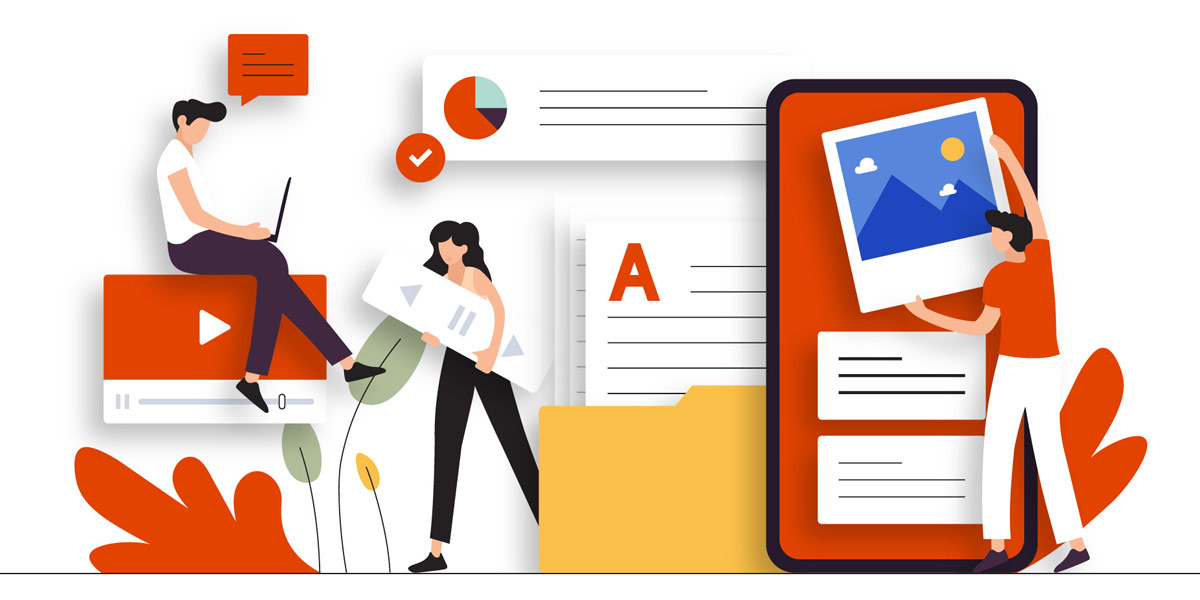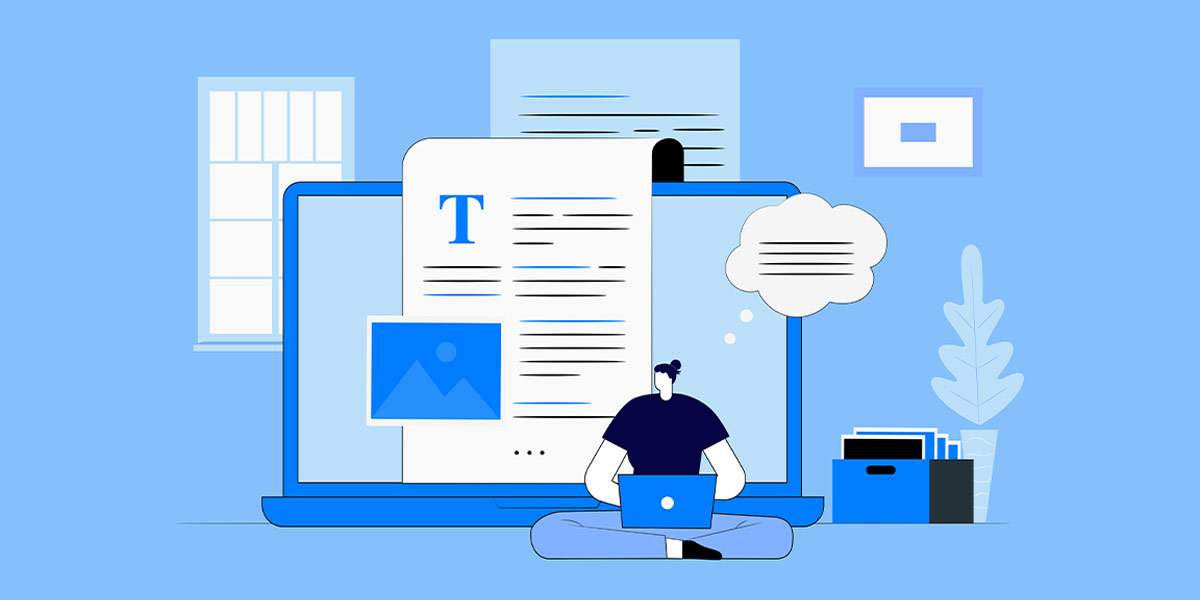SEO for Bloggers: A Comprehensive Guide

As a blogger, you want your content to be seen by as many people as possible. One of the most effective ways to do this is through search engine optimization (SEO). By optimizing your blog for search engines, you can increase the visibility of your content and attract more readers. In this comprehensive guide, we will take you through the essential steps of SEO for bloggers.
SEO for Bloggers Guide
Blogging has become a popular medium for individuals and businesses to share their ideas, experiences, and products with the world. With over 500 million blogs on the internet, it can be challenging to stand out from the crowd. One way to attract more readers and improve your blog’s visibility is through search engine optimization or SEO.
SEO is the practice of optimizing your website or blog to rank higher in search engine results pages (SERPs). By optimizing your blog for search engines, you can increase the visibility of your content and attract more readers. In this guide, we will cover the essential steps of SEO for bloggers.

SEO for Bloggers – Guide
Understanding SEO
What is SEO?
SEO is the practice of optimizing your website or blog to rank higher in search engine results pages (SERPs). When someone types a query into a search engine, such as Google or Bing, the search engine crawls through the internet to find relevant content to display on the search results page. SEO helps search engines understand what your blog is about and matches your content to the appropriate search queries.
How does SEO work?
SEO works by optimizing three key areas of your blog: on-page SEO, off-page SEO, and technical SEO. On-page SEO refers to the content on your website or blog, including headlines, keywords, and internal links. Off-page SEO refers to external factors such as backlinks, social media shares, and guest blogging. Technical SEO refers to the structure and functionality of your website, including site speed, mobile-friendliness, and site structure.
Keyword Research
Why is keyword research important?
Keyword research is essential for SEO because it helps you understand what your target audience is searching for and what keywords to target on your blog. By targeting the right keywords, you can improve your blog’s visibility and attract more readers.
How to do keyword research?
There are several tools available to help you with keyword research, including Google Keyword Planner, SEMrush, and Ahrefs. Start by brainstorming a list of topics related to your blog, and then use these tools to find related keywords and phrases. Look for keywords with a high search volume and low competition.

SEO for Bloggers – Understanding SEO
On-page SEO for Bloggers
Meta tags
Meta tags are HTML elements that provide information about your blog to search engines. The two most important meta tags for SEO are the title tag and the meta description. The title tag should be under 60 characters and should include your target keyword. The meta description should be under 160 characters and should provide a summary of your blog post.
Headings
Headings are important for both SEO and readability. Use H1 tags for your blog post title and H2 tags for your subheadings. Include your target keywords in your headings to help search engines understand the topic of your blog post.
Content optimization
Optimizing your content involves using your target keywords throughout your blog post, but avoid keyword stuffing, which can lead to penalties from search engines. Use variations of your target keywords and include them naturally in your content. Aim for a minimum of 300 words per blog post, but longer posts tend to perform better in search engine rankings.
Internal linking
Internal linking is the practice of linking to other pages on your blog. This helps search engines understand the structure of your website and the relationship between different pages. Internal linking also encourages readers to stay on your website longer, reducing your bounce rate.

SEO for Bloggers – On-page SEO
Off-page SEO for Bloggers
Backlinks
Backlinks are links from other websites to your blog. The more high-quality backlinks you have, the more credible your website appears to search engines. Reach out to other bloggers and website owners in your niche and ask if they would be willing to link to your blog. You can also guest blog on other websites, including a link back to your blog in your author bio.
Social media
Social media can help improve your blog’s visibility and attract more readers. Share your blog posts on your social media profiles, and encourage your followers to share them as well. Use social media to engage with your readers, respond to comments, and build relationships with other bloggers and influencers in your niche.
Guest blogging
Guest blogging is the practice of writing a blog post for another website. This can help you reach a new audience and attract more readers to your blog. When guest blogging, include a link back to your website in your author bio.

SEO for Bloggers – Off-page SEO
Technical SEO for Bloggers
Site speed
Site speed is important for both SEO and user experience. A slow website can lead to a higher bounce rate and lower search engine rankings. Use tools like Google PageSpeed Insights to identify areas where you can improve your site speed.
Mobile-friendliness
More people access the internet on their mobile devices than ever before, so your blog must be mobile-friendly. Use a responsive design that adjusts to different screen sizes, and test your website on different mobile devices to ensure it looks and functions correctly.
Site structure
Site structure refers to the organization of your website. Use a clear and intuitive navigation menu, and organize your blog posts into categories and tags. This helps search engines understand the structure of your website and improves the user experience for your readers.

SEO for Bloggers – Technical SEO
Measuring and Tracking SEO Performance
Google Analytics
Google Analytics is a free tool that provides insights into your website traffic. Use it to track your blog’s traffic, including the number of visitors, bounce rate, and time on site. Use this information to identify areas where you can improve your blog’s performance.
Google Search Console
Google Search Console is a free tool that provides insights into how your website appears in search engine results. Use it to monitor your website’s performance in search engine rankings, identify errors, and submit sitemaps.
Other SEO tools
There are many other SEO tools available to help you optimize your blog, including SEMrush, Ahrefs, and Moz. Use these tools to identify areas where you can improve your blog’s performance and track your progress over time.
Common SEO Mistakes to Avoid
Avoid these common SEO mistakes to improve your blog’s search engine rankings:
- Keyword stuffing
- Duplicate content
- Broken links
- Ignoring on-page SEO
- Focusing on quantity over quality in content creation

SEO for Bloggers – Common SEO Mistakes to Avoid
Conclusion
SEO is an essential part of blogging, and it’s essential to understand the different strategies you can use to improve your blog’s search engine rankings. From on-page SEO to off-page SEO, technical SEO, and measuring and tracking performance, there are many different tactics you can use to optimize your blog. By following best practices and avoiding common mistakes, you can improve your blog’s visibility, attract more readers, and ultimately achieve your blogging goals.
FAQs
What is SEO, and why is it important for bloggers?
SEO stands for search engine optimization, and it’s the practice of optimizing your website and content to improve your search engine rankings. SEO for bloggers is essential because higher search engine rankings can lead to more traffic and readers for your blog.
What are keywords, and how do I use them in my blog posts?
Keywords are words and phrases that people search for on search engines. Use your target keywords throughout your blog post, but avoid keyword stuffing.
What are backlinks, and how do I get them for my blog?
Backlinks are links from other websites to your blog. Reach out to other bloggers and website owners in your niche and ask if they would be willing to link to your blog. You can also guest blog on other websites, including a link back to your blog in your author bio.
What is site speed, and how can I improve it for my blog?
Site speed refers to how quickly your website loads. Use tools like Google PageSpeed Insights to identify areas where you can improve your site speed, such as optimizing images and reducing code.
How can I measure and track my blog’s SEO performance?
Use tools like Google Analytics and Google Search Console to track your blog’s traffic and search engine rankings. Use this information to identify areas where you can improve your blog’s performance over time.

